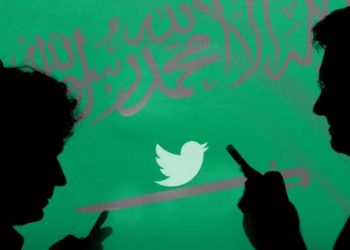
Elon Musk exposed the reality of the suppression of freedom of expression in Saudi Arabia during a verbal argument between him and Saudi Prince Al-Waleed bin Talal.
After he rejected the American billionaire’s offer to buy Twitter, the dispute took place, as Prince Al-Waleed rejected the offer.
“I don’t believe that the proposed offer by @elonmusk ($54.20) comes close to the intrinsic value of @Twitter given its growth prospects.
Being one of the largest & long-term shareholders of Twitter, @Kingdom_KHC & I reject this offer.”
On the other hand, Elon Musk responded: “Interesting. Just two questions, if I may. How much of Twitter does the Kingdom own, directly & indirectly? What are the Kingdom’s views on journalistic freedom of speech?”
Elon Musk’s comment aroused great support from tweets highlighting the grave violations of human rights in Saudi Arabia and the suppression of freedom of expression.
Interesting. Just two questions, if I may.
How much of Twitter does the Kingdom own, directly & indirectly?
What are the Kingdom’s views on journalistic freedom of speech?
— Elon Musk (@elonmusk) April 14, 2022
Human Rights Watch tweeted, “Mohammed bin Salman brutally killed journalist Jamal Khashoggi, only because he posed an existential threat to the kingdom’s bot army, which was used to control Saudi public opinion on Twitter.”
The New York Times also responded to Alwaleed bin Talal’s tweet with Elon Musk with a previous article from 2019, accusing former Twitter employees “Ahmed Abu Ammo and Ali Al-Zabara” of spying inside Twitter for Saudi Arabia.
Since October 2015, Alwaleed bin Talal and the Kingdom Company have raised their ownership stake in Twitter to 5.2%, bringing the market value of their ownership to more than 3.75 billion riyals ($1 billion).
Twitter had said that it would study Elon Musk’s “non-binding” offer to determine whether selling the entire company would be in the interest of it and its shareholders. The president of Tesla and SpaceX recently bought a 9.2% stake in Twitter’s market value. Musk was due to join Twitter’s board of directors a few days ago, but he eventually backed down.